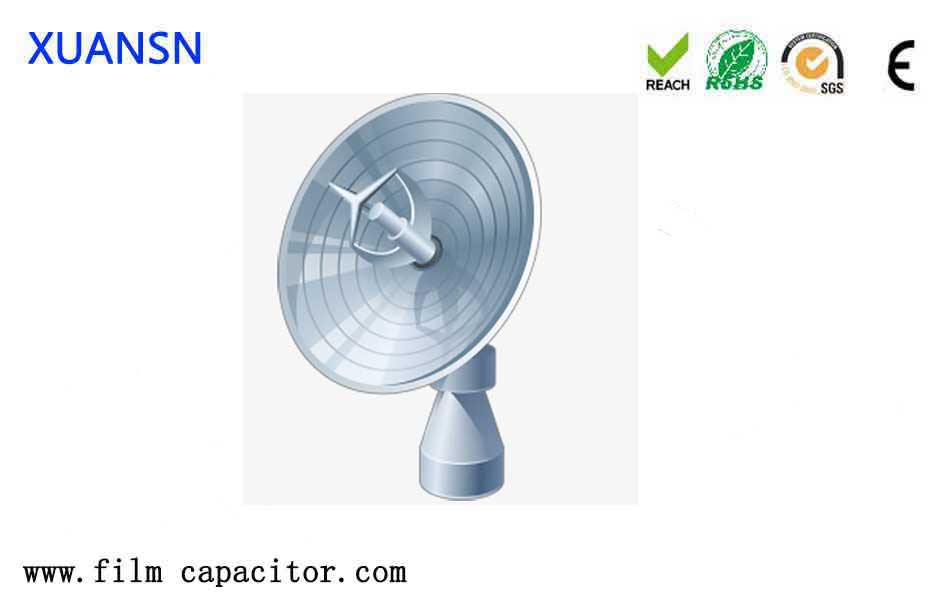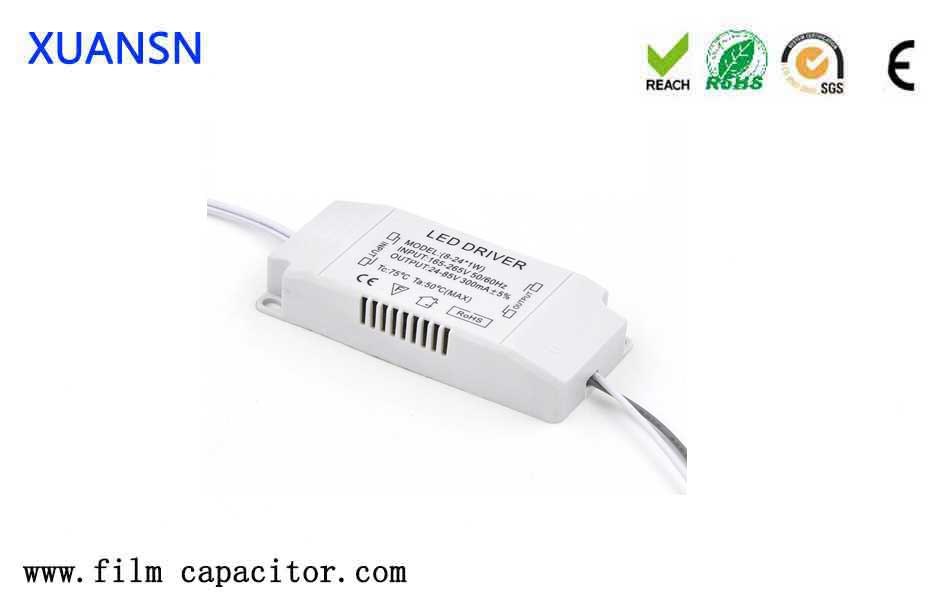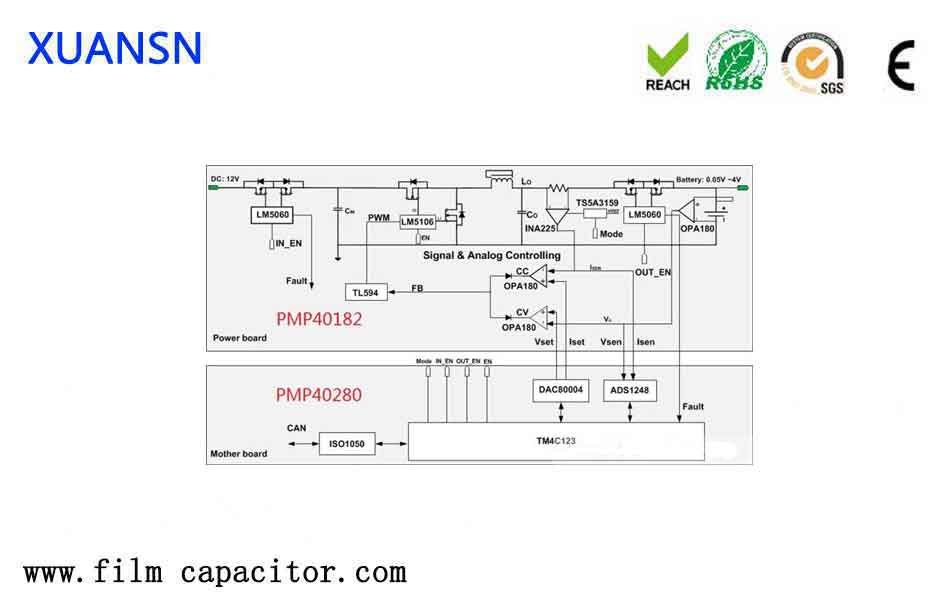Since July, many countries haveforeign trade adjusted their tax rates . The following are the new foreign trade regulations of some countries:
♦ China grants Bangladesh zero-tariff treatment for 97% tax items
♦ China’s exemption from the exemption of import and export cargo port construction fee execution period was extended to 24:00 on December 31, 2020.
♦ China applies the most-favored-nation tax rate for goods imported from Kiribati
♦ Vietnam imposes zero tariffs on the import of auto parts, and implements zero tariffs on auto parts and raw materials that are used in the automotive processing and assembly industries but cannot be produced domestically.
♦ The United States announced the cancellation of Hong Kong’s special treatment, including the suspension of export license exemptions, and is conducting a differential treatment assessment. Last year, the United States only shipped $1.4 million worth of defense products to Hong Kong.
♦ The mail tariff for China’s entry into the United States may skyrocket, and the mail tariff for mail imports from China by the US Postal Service may increase by 100% or be much higher than the current tariff level. Shipping costs from the US to Canada will also increase by more than 50%, especially for light and small items.
♦ The US-Mexico Agreement entered into force. On July 1, the “US-Mexico-Canada Agreement” (USMCA) will take effect, replacing the North American Free Trade Agreement (NAFTA) that has been in operation for more than 20 years.
♦ The German VAT adjusted their tax rates was reduced to 16%, the commodity tax rate originally applicable to 19% VAT was reduced to 16%; the commodity tax rate originally applicable to 7% VAT was reduced to 5%
♦ Saudi Arabia raised tariffs and VAT on some products. Saudi Arabia’s value-added tax (VAT) has tripled directly, from 5% to 15%, and VAT is directly levied on e-commerce.
♦ Some port manifests in Dubai must provide an 8-digit customs code
♦ Turkish imports from China are settled in RMB




